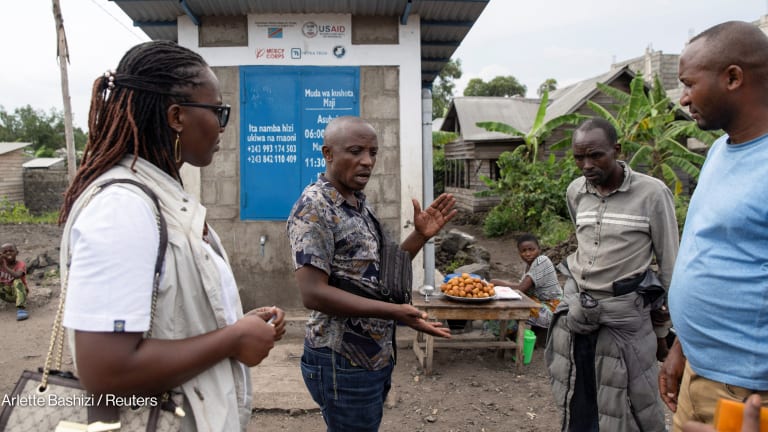On-the-ground training and strong in-house security policies help to ward off attacks against aid workers, according to several security directors and specialists consulted by Devex.
U.S. courts have also stepped in, forcing humanitarian groups to ramp up their internal security controls in light of kidnappings and deaths of their staff. However, the experts admitted that in many remote and dangerous places, it's simply impossible to plan and prevent all attacks.
Here are five pieces of advice and tips the experts we spoke to passed along as good starting points for talking about security for humanitarians working in the danger zone:
Printing articles to share with others is a breach of our terms and conditions and copyright policy. Please use the sharing options on the left side of the article. Devex Pro members may share up to 10 articles per month using the Pro share tool ( ).









